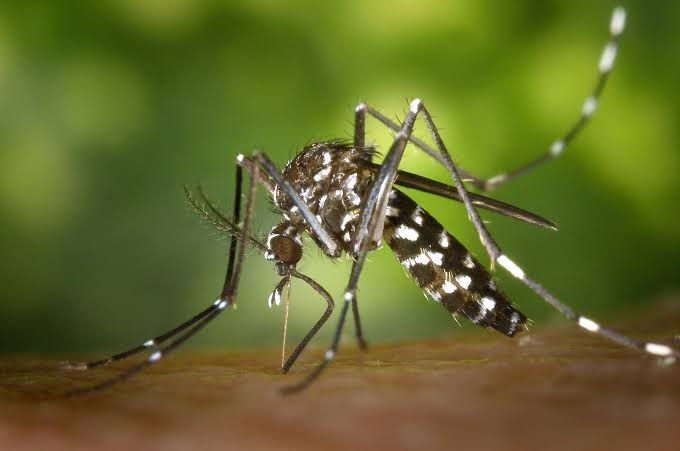Dispelling the Myths: Modified Mosquitoes, Malaria and the Misunderstood Role of the Gates Foundation
Recent claims have circulated on social media suggesting a link between the rare malaria cases reported in Florida and Texas, and a disease-control initiative backed by the Bill & Melinda Gates Foundation that involved releasing genetically modified mosquitoes in the U.S. It's time to set the record

Recent claims have circulated on social media suggesting a link between the rare malaria cases reported in Florida and Texas, and a disease-control initiative backed by the Bill & Melinda Gates Foundation that involved releasing genetically modified mosquitoes in the U.S. It's time to set the record straight.
The Gates Foundation, known for its philanthropic efforts worldwide, has indeed supported initiatives aimed at combatting malaria, a mosquito-borne disease that poses a severe health threat to millions. However, it's important to clarify that the foundation does not finance any genetically modified mosquito release projects within the United States. This misinformation seems to have arisen from the Foundation's support of Oxitec, a biotech company that is currently releasing genetically modified mosquitoes in Florida. However, the Gates Foundation does not fund this particular initiative.
Furthermore, scientific evidence contradicts the baseless theory suggesting these mosquito releases could be responsible for the recent malaria cases. The genetically modified mosquitoes being released are not of the species that transmit malaria. Oxitec’s work in the U.S. involves releasing male Aedes aegypti mosquitoes, genetically modified to combat insect-borne diseases like Dengue fever and the Zika virus. These mosquitoes mate with female mosquitoes, passing on a genetic change that renders any female offspring unable to survive, thus reducing the population of disease-transmitting insects.
Aedes aegypti mosquitoes do not transmit malaria. This is a fact corroborated by mosquito specialists like Nora Besansky, a biology professor at the University of Notre Dame. Malaria transmission is confined to a small subset of Anopheles mosquitoes. Moreover, only female mosquitoes bite people for blood, which means they are the ones transmitting malaria parasites. As Oxitec only releases male Aedes mosquitoes, any link to malaria transmission is scientifically implausible.
It is also worth noting that the recent malaria cases reported were not in the vicinity of the Oxitec project in the Florida Keys, further refuting any suggested connection.
The sporadic appearance of malaria in Florida and Texas, while unusual, is not unprecedented. The U.S. has seen 11 outbreaks involving mosquito-transmitted malaria since 1992. Changes to the landscape, such as draining marshes and swamps, and the use of insecticides have largely curbed malaria which was once endemic in the southeastern U.S. However, international travel still offers a potential pathway for malaria to reach the U.S.
Thus, it is crucial to combat misinformation and understand that the genetic modification of mosquitoes, particularly in the case of the Oxitec project, is aimed at disease control rather than causing it. Scientists and public health organizations around the world continue to work tirelessly to control and eliminate mosquito-borne diseases, such as malaria, dengue, and Zika virus.




